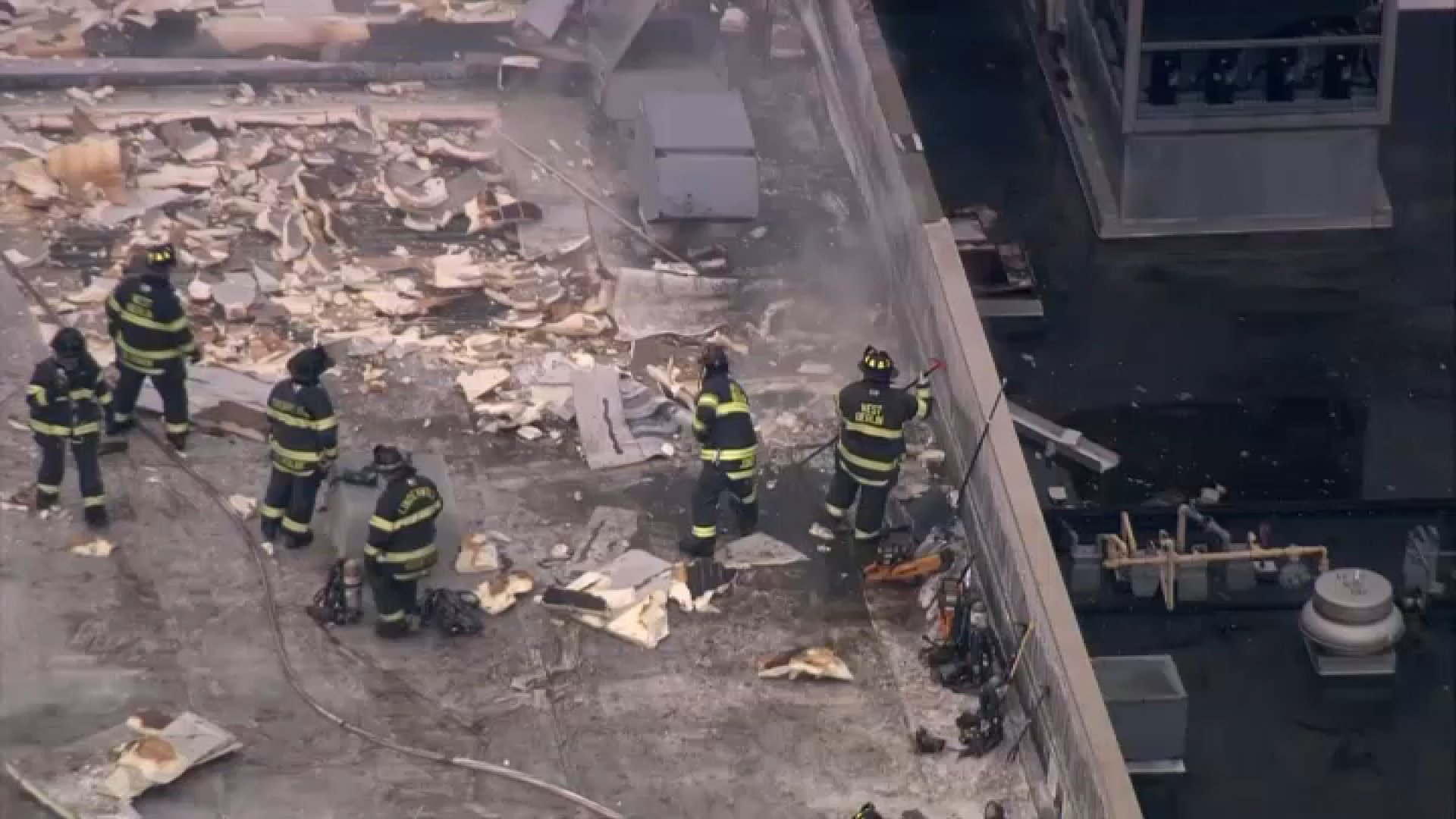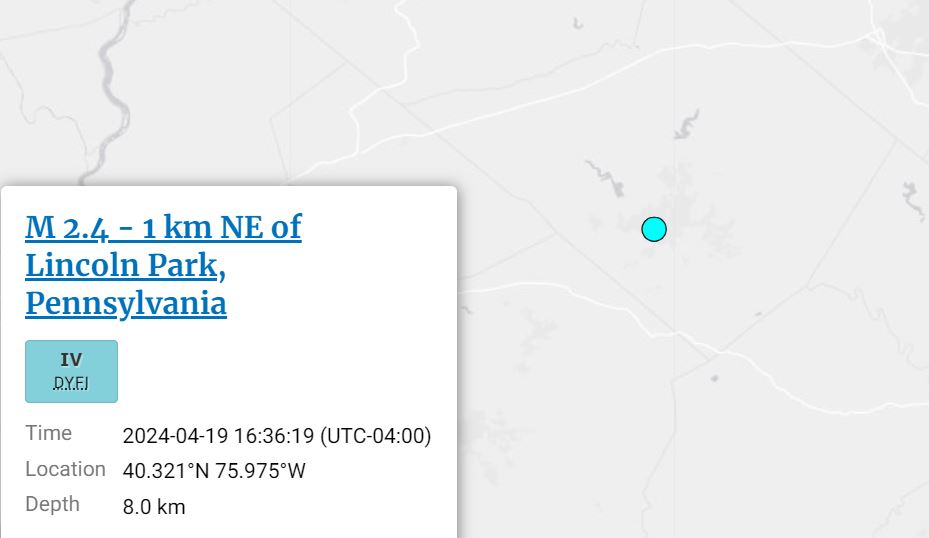What to Know
- U.S. Attorney WIlliam McSwain opposes a plan to open a supervised injection site in Philadelphia.
- Safehouse would be the first safe-injection site in the United States. The facility would aim to reducing opioid overdose deaths.
- Supporters include prominent Democrats in the city, Mayor Jim Kenney, DA Larry Krasner and former Pennsylvania Gov. Ed Rendell.
The fight over whether Philadelphia could open the nation's first supervised injection site for opioid users intensified Thursday after several hours of arguments between a conservative U.S. attorney and the safe house he opposes.
U.S. District Judge Gerald McHugh Jr. continues to weigh U.S. Attorney William McSwain's motion to block non-profit organization Safehouse from opening in the city's drug-ravaged Kensington neighborhood.
McHugh, who was appointed by President Barack Obama, did not announce any decision Thursday and did not indicate when one might be coming down.
McSwain, a President Donald Trump appointee, opposed the plan from the onset, filing a motion in February to prevent any such site from opening. He had repeatedly argued that safe injections sites violates federal drug laws and would only further plunge Philadelphia into an opioid crisis.
”We would be engaging in make-believe to say the purpose of Safehouse is to stop people from engaging in drugs," McSwain said in court. "Certainly, the purpose of the people coming to the facility is to use drugs."
At the center of Thursday’s arguments was the fundamental purpose of Safehouse and whether it would violate the Controlled Substances Act. Of particular focus was statute 856, which makes it illegal to “knowingly open, lease, rent, use, or maintain any place ... for the purpose of unlawfully manufacturing, storing, distributing, or using a controlled substance.”
Local
Breaking news and the stories that matter to your neighborhood.
The statute, McSwain argued, would put Safehouse in direct violation of federal law because its “fundamental purpose is to use drugs.” Congress would first have to make opioid use legal in order for a safe injection site to operate under the law, he said.
”When Congress says 'No,' no means no,” McSwain said. Safehouse “should ask Congress to change the law and hold public hearings and we would welcome that.”
But Ilana Eisenstein, legal counsel for Safehouse, argued that the purpose of the site is not to inject drugs, but rather to prevent overdoses and connect people with the services they need to tackle substance abuse disorders.
”It’s no different than what happens every day when EMS responds” to overdoses, she said. “Our hope is that [patients] never reach the safe consumptions rooms.”
Safehouse is the brainchild of Prevention Point director Jose Benitez. His vision is to establish a center where opioid users can be connected to medical and social services but also find a clean environment for drug use where Narcan is readily available. The idea is not just to help people through addiction but also prevent fatal overdoses.
Last year, some 1,116 people died from overdoses in Philadelphia, according to the city’s Department of Health. That was down slightly from the previous year when 1,217 people died.
With so many lives at stake, waiting for Congress to change the Controlled Substances Act will take too, former Pennsylvania Gov. Ed Rendell said Thursday outside the courtroom.
”Every day we don’t do anything means more people die,” he said. “Those deaths could have been prevented by going to a safe house.”
Outside Philadelphia’s federal courthouse, dozens of people rallied in support of a safe infection site. They chanted “Not one more” and carried signs emblazoned with the images and names of loved ones who overdosed.
Deborah Howland lost her daughter in 2018 to a fentanyl overdose. Since then, she has worked to spare other parents from experiencing that pain, she said.
"This is an opportunity to get the people in Kensington to a sage place so they don't die on the curb," she said. ""There’s nothing more heart-wrenching than a mother who’s lost her child to know that other mother are going to get that call."
But Kensingon resident Theresa Farrell worries what could happen if a safe injection site attracts more people, and dealers, to the troubled neighborhood, which has one of the lowest life expectancy rates in the city, according to the health department.
"Drug dealers would be on the corner as soon as they go outside," Farrell said. "It would be a major problem."
Mayor Jim Kenney and District Attorney Larry Krasner addressed people gathered outside the courthouse Thursday. Both visited safe injection sites in other countries and both support opening one in Philadelphia.
”The people who are trying to save lives in this kind of location ... are decent human beings who are trying to save the lives of other human beings,” Krasner said. “There is no reason in the world why any prosecutor should try to stop that.”
Safe injection sites in Canada, like the one proposed in Philadelphia, allow residents to use illegal drugs like heroin in a safe environment. Hypodermic needles, alcohol swabs and other paraphernalia needed to inject heroin are provided for free.
So are lifesaving medicines and equipment like Narcan. The system appears to be working for Toronto and its opioid-reliant population.
As of July, no one had died at any of the safe injection sites since they first opened well over a decade ago, according to Dr. Rita Shahin, a physician at a site in Toronto called "The Works." The facility is run by the city Public Health Department.
Instead, some 800 lives have been saved at a single site in Toronto since it opened in August 2017. When heroin users overdose, staffers are on hand to inject Narcan.
But both of Kensington's top lawmakers, 7th District City Councilwoman María Quiñónes-Sánchez and state Rep. Ángel Cruz, told Telemundo62 earlier this year that they do not support an injection site in the troubled area.
Both sorry that it would attract so-called drug tourism to Kensington and further endanger the lives of their constituents, who recently battled a Hepatitis A outbreak.



